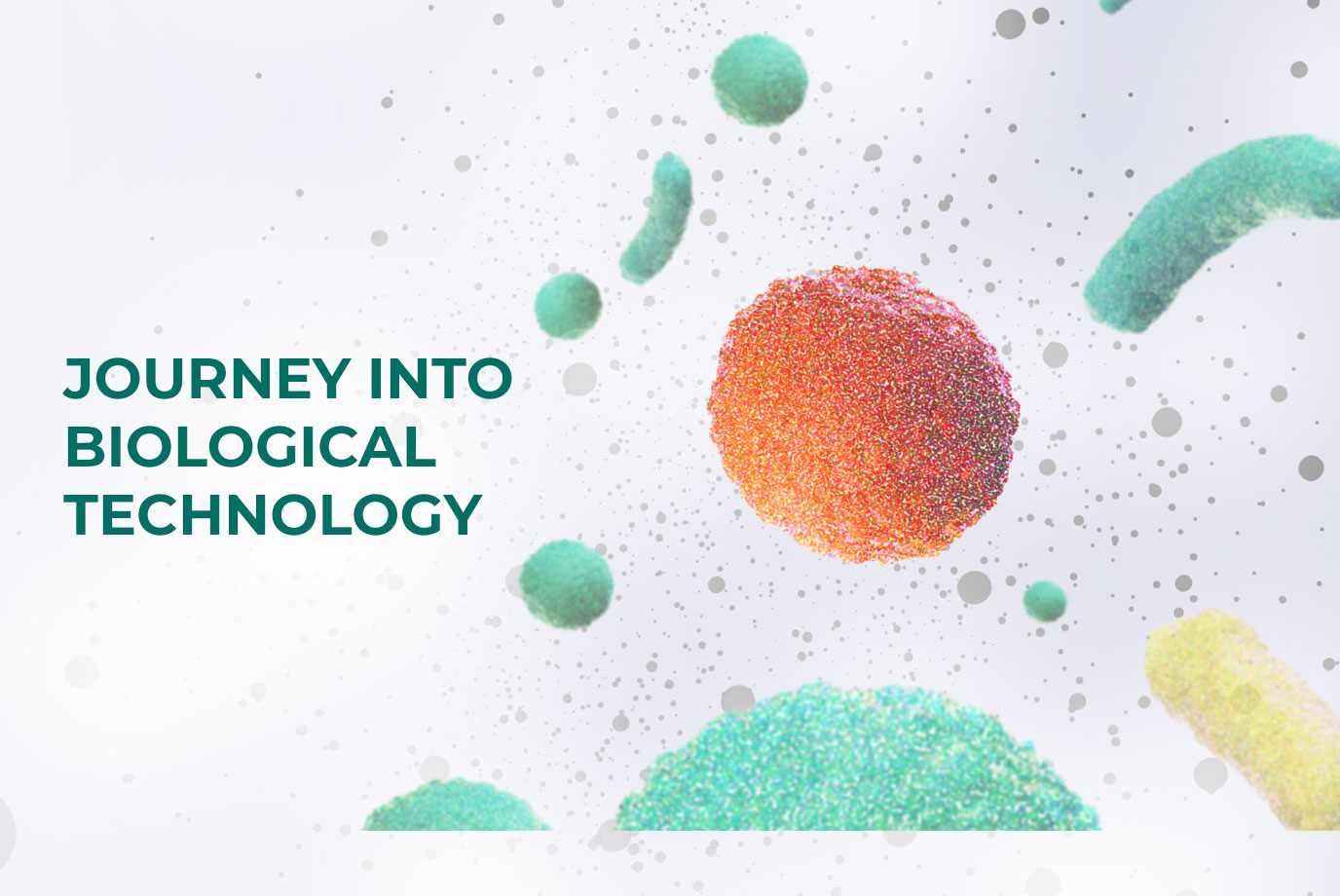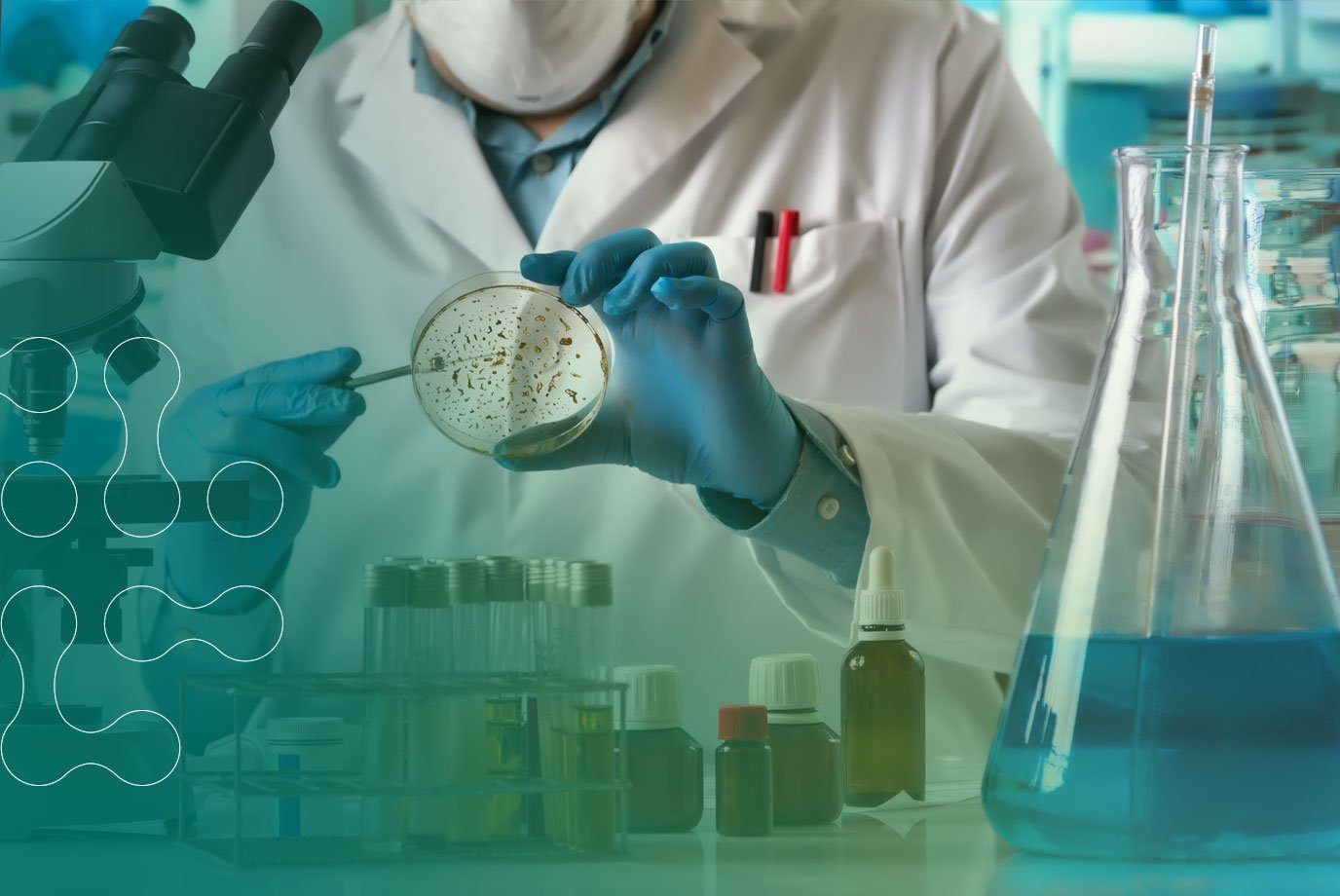In today’s world, where the effects of climate change loom large, businesses across all sectors are re-evaluating and transforming their strategies to champion sustainability.
Facilities management professionals who oversee day-to-day building operations are in a unique position to make decisions that can significantly impact on these shared environmental goals.
In this article, we’ll dive into the growing importance of sustainable business practices within the facilities management sector and explore how eco-friendly cleaning practices can contribute to energy conservation, waste reduction and indoor air quality.
Understanding climate change and its causes
 While natural causes like volcanic eruptions and solar radiation variations influence climate change, it’s human activities that are the biggest contributors to the current climate crisis. The emission of greenhouse gases (GHGs) such as carbon dioxide (CO2), methane (CH4) and nitrous oxide (N2O) is at the heart of it.
While natural causes like volcanic eruptions and solar radiation variations influence climate change, it’s human activities that are the biggest contributors to the current climate crisis. The emission of greenhouse gases (GHGs) such as carbon dioxide (CO2), methane (CH4) and nitrous oxide (N2O) is at the heart of it.
These GHGs trap heat in the Earth’s atmosphere, which leads to a gradual increase in global temperature. This is known as the greenhouse effect. Familiar culprits include burning fossil fuels for energy, deforestation and industrial processes.
How cleaning choices contribute to climate change
It may come as a surprise that traditional cleaning choices made in facilities management have a hefty environmental footprint. Here are just some of the ways traditional cleaning products play a part in the climate change story:
- Petrochemicals and raw materials: Many conventional cleaning products are derived from petrochemicals, which, when extracted, produce high carbon emissions. The process of extracting fossil fuels, such as oil and natural gas, releases GHGs into the atmosphere, which exacerbates the climate change crisis.
- Virgin plastic: Conventional cleaning products often come in single-use plastic containers, which adds to the global plastic pollution crisis. Producing virgin plastic is energy-intensive and contributes to GHG emissions.
- Low dilution rates: Some traditional cleaning products require low dilution rates, meaning they must be ordered and transported in larger quantities. This increases the carbon footprint associated with transportation and packaging.
- Need for hot water: Many conventional cleaning methods use hot water, which consumes additional energy, often generated from fossil fuels.
Biotechnology – embracing a sustainable approach
To address these challenges, facilities management professionals are turning to sustainable cleaning practices, including using products made from renewable sources such as plant extracts and manufacturing by-products. This offers several benefits:
- Plant-based cleaning solutions use biodegradable and less-toxic ingredients, which reduces harm to both human health and the environment.
- These products are highly effective at cleaning while minimising their environmental impact. They are often free from harmful chemicals and fragrances, and therefore promote better indoor air quality too.
- Choosing plant-based cleaning products significantly reduces our carbon footprint. This aligns with Scope 3 and Scope 4 emissions reduction goals, as these products have a lower environmental impact throughout their life cycle, from production to disposal.
A real-world success story
Let’s look at a real-world example to illustrate the impact of sustainable cleaning practices:
Hallmark Care Homes: In a bid to reduce carbon emissions and plastic waste across the board, Hallmark Care Homes introduced BioHygiene’s carbon-neutral, non-hazardous products within the kitchen, laundry and housekeeping departments of their 19 homes.
This change will see Hallmark Care Homes significantly reduce their delivery and transportation costs – and lower their carbon emissions by up to 88%. The switch to reusable, recyclable PCR bottles will reduce their plastic waste by up to 37%.
Formulated with natural ingredients, including microbes, enzymes, plant extracts and organic acids, BioHygiene’s biotech-based products also reduce the risk of irritation to the skin, eyes and lungs of Hallmark’s employees, residents and visitors.
Taking charge of sustainability
 Sustainable cleaning practices aren’t merely a luxury: they’re a necessity. Traditional cleaning products have left a mark on the planet through how they are produced, packaged and used. But there is a path forward.
Sustainable cleaning practices aren’t merely a luxury: they’re a necessity. Traditional cleaning products have left a mark on the planet through how they are produced, packaged and used. But there is a path forward.
Facilities management professionals can champion sustainable cleaning practices by choosing plant-based cleaning solutions and eco-friendly products. These choices reduce GHG emissions, minimise waste and improve indoor air quality.
By making these changes, facilities management companies can align their cleaning choices with broader environmental, social, and governance (ESG) strategies.
To lead in the era of sustainability, prioritise sustainable cleaning practices, use eco-friendly products and look out for innovative, planet-friendly solutions. In doing so, you’ll find an exciting opportunity to make a significant impact on the environment and contribute to the global effort to combat climate change.
At Biological Preparations, we are committed to guiding, supporting and providing sustainable cleaning solutions that empower people to make environmentally responsible choices.
Together, we can create cleaner, greener and more sustainable facilities for the benefit of our planet and future generations.





